Admin |
March 29, 2022
According to the National Autistic Society, autistic children are three times more likely to be excluded from mainstream school, and more than 80% have experienced mental health issues within the education system in the UK.
Many have been dealing with even more challenging conditions over the last couple of years, including rapidly changing routines and circumstances that can be incredibly disruptive, disorientating and traumatic for those affected by autism.
To raise awareness around autism, one important characteristic felt for many individuals on the spectrum is the need for social camouflage: masking. A big challenge faced by someone with autism is fitting their lives into a neurotypical world, which is why you will see puzzle and jigsaw symbolism, encapsulating this human experience.
What is masking?
‘Autistic masking, camouflaging, or compensating is a conscious or unconscious suppression of natural autistic responses. It is hiding or controlling behaviours associated with autism spectrum disorder (ASD) that may be viewed as inappropriate in situations.’
[Autism Awareness Centre Inc.]
What are the signs?
- forcing or faking eye contact during conversations
- imitating smiles and other facial expressions
- mimicking gestures
- hiding personal interests
- developing a repertoire of rehearsed responses to questions
- scripting conversations
- pushing through intense sensory discomfort including loud noises
- disguising stimming behaviours
Raising awareness around masking is a great step towards building a safer community for people with autism spectrum disorder. It must be a group effort to break down a societal standard to ‘fit in’. To best describe the experience, a poem written by Virginia Betts articulates masking in a beautiful manner. This poem was recently published in The Spectrum Magazine, produced by and for Autistic people.
Autism Spectrum Conditions – Real Training
Having a theoretical and practical understanding of aspects of autism, like masking, makes a positive difference to young people with autism spectrum conditions. Fortunately, these topics and more are covered in our module; Autism Spectrum Conditions. It enables educators to bridge the gap and make a real difference to children and young people with autism.
The practice-led learning approach will arm you with the ability to give each autistic child in your care the best possible outcome through practice-led learning. Additionally, you will develop the relevant skills and knowledge to close the autism support and teaching gaps in your setting, and gain a critical understanding of the relevant theories, research and policies, and the ability to assess knowledge and existing practice.
If you have any further questions or queries about any of these courses or qualifications, please don’t hesitate to get in touch on +44 (0)1273 35 80 80 or info@realgroup.co.uk and we will be happy to help.
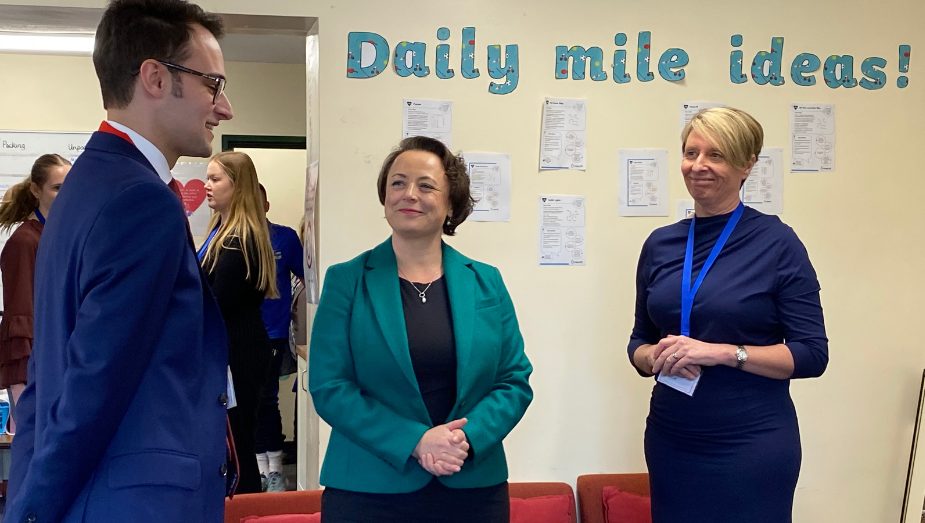

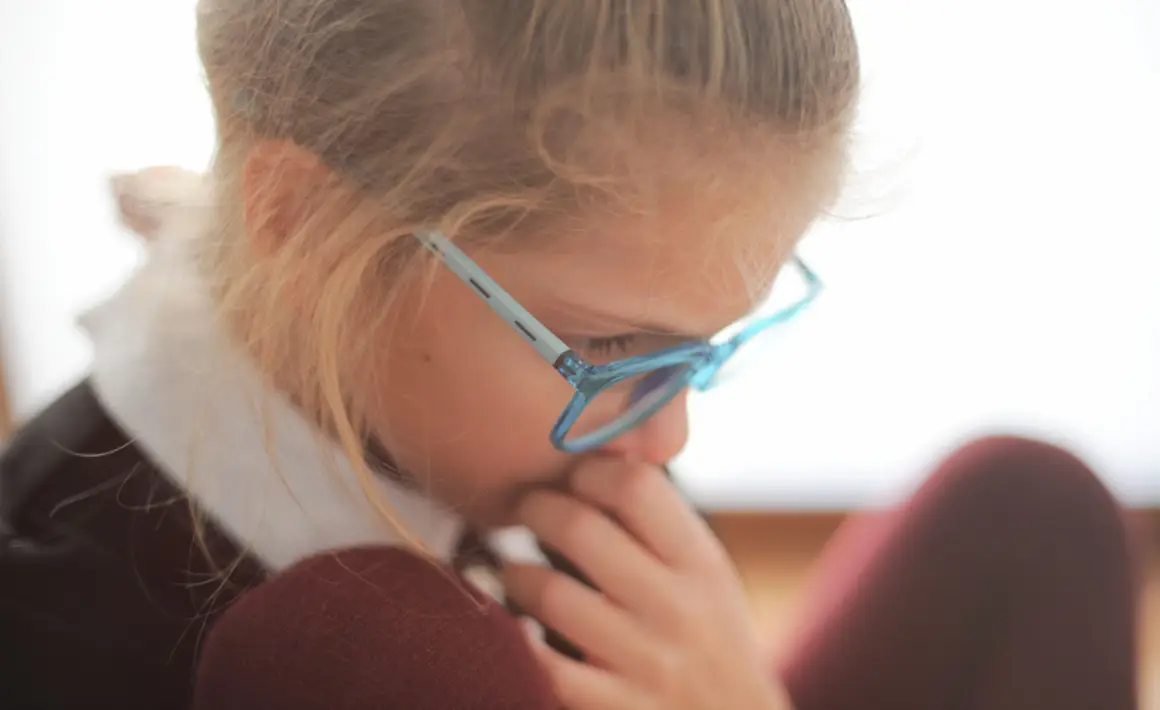
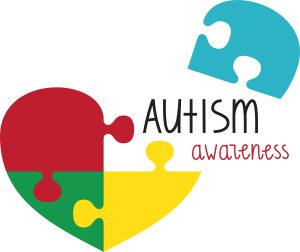
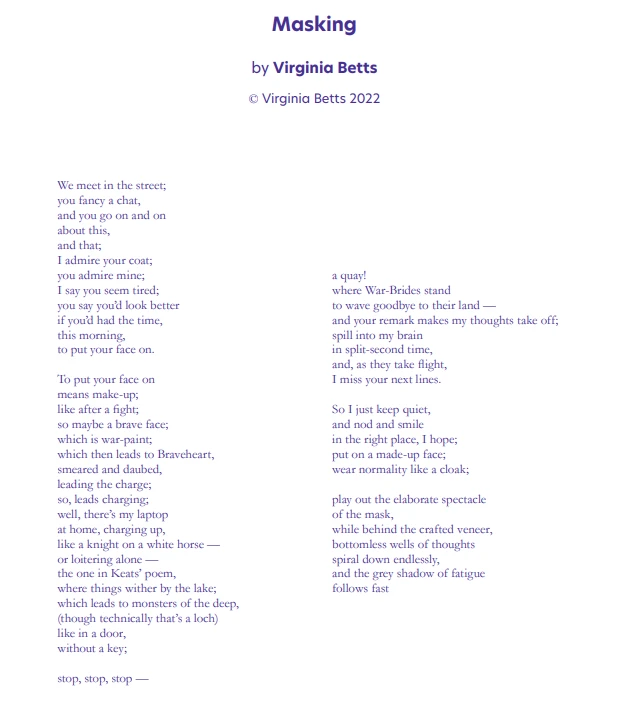

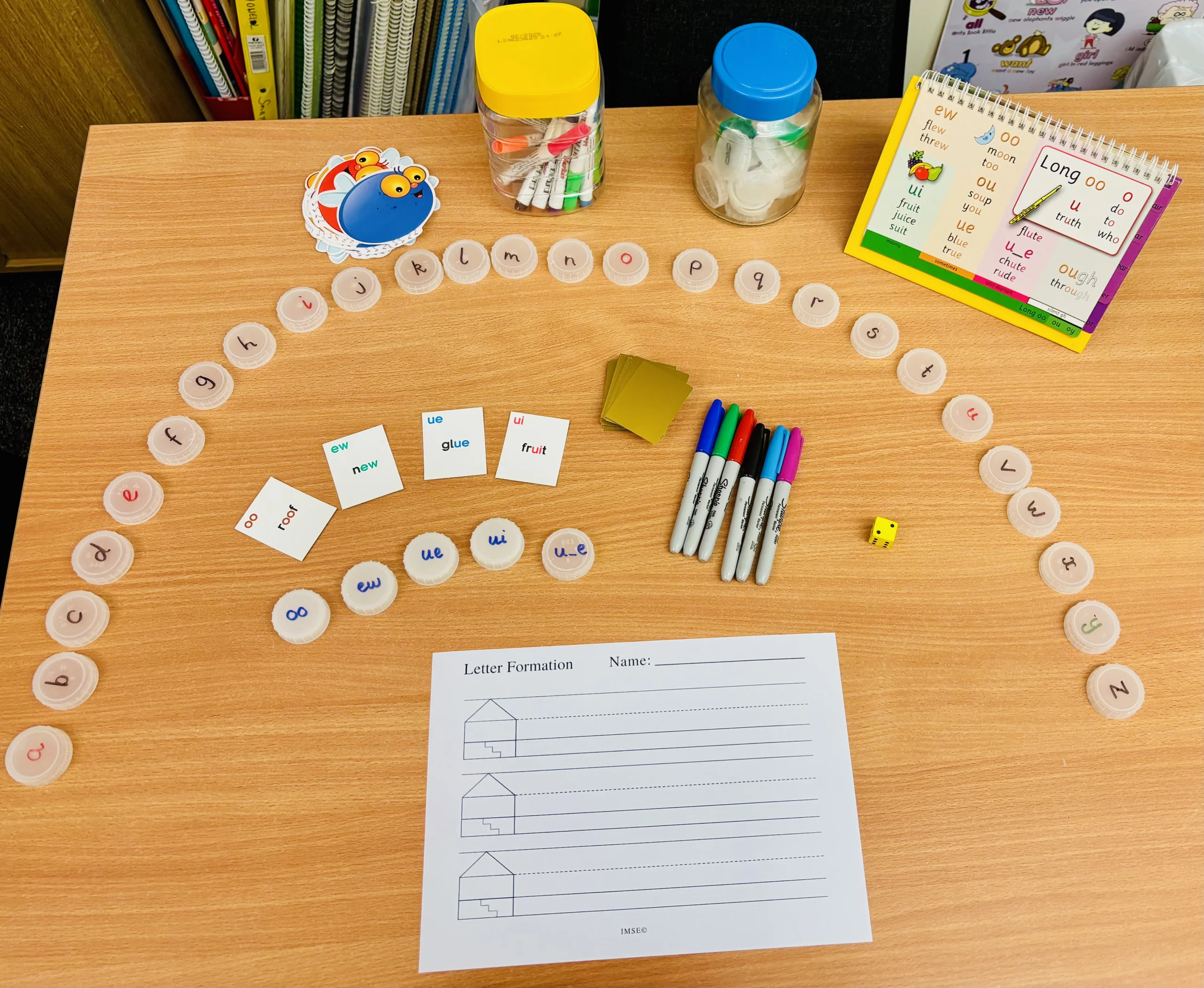
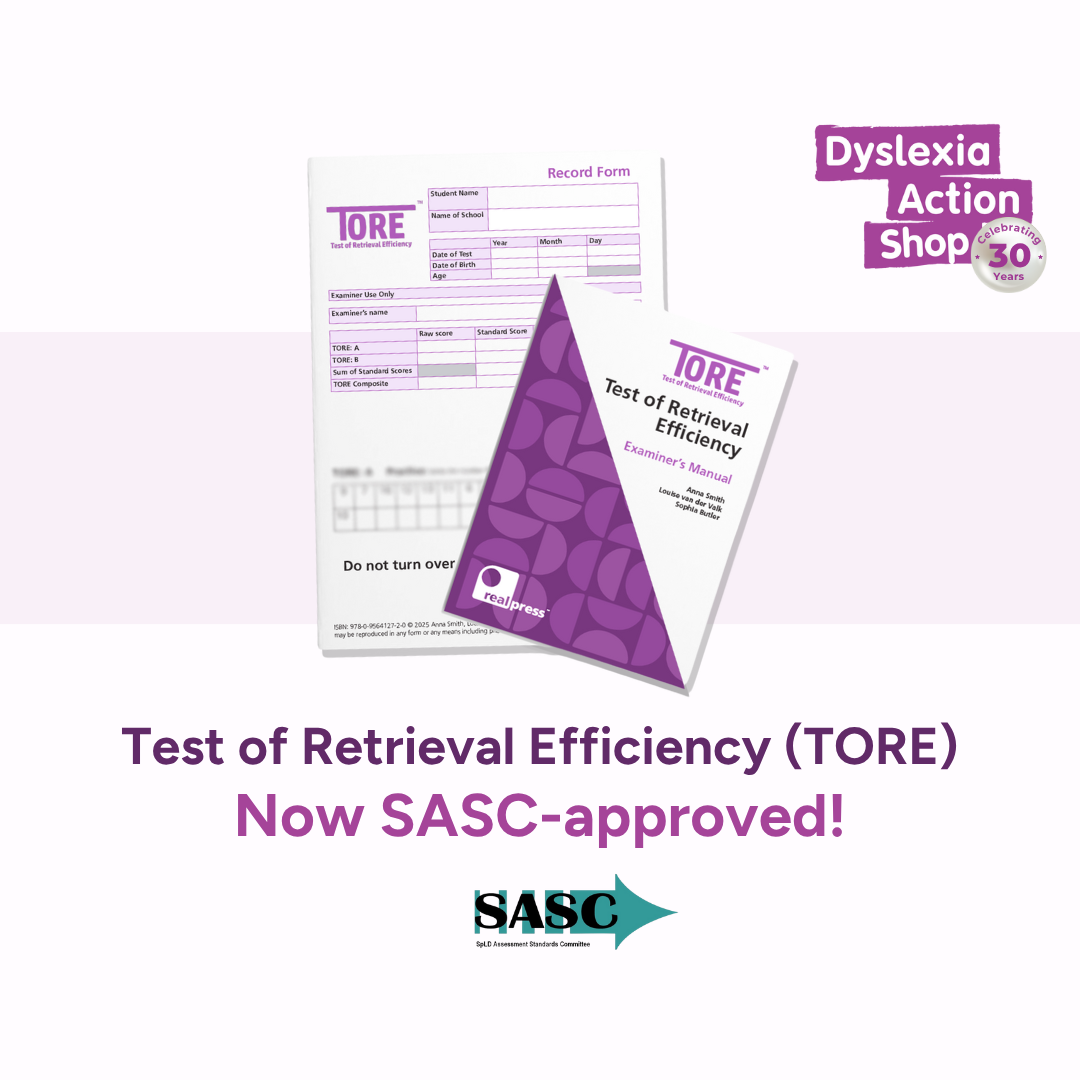
What do you think?